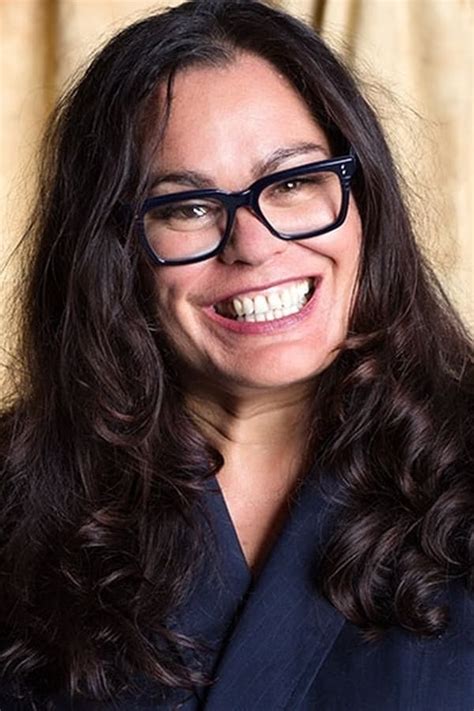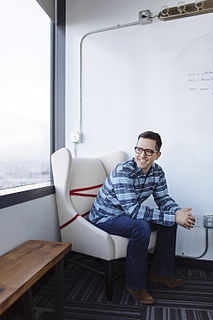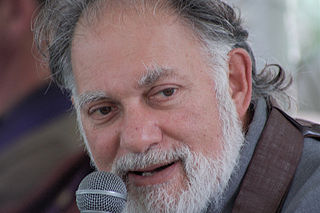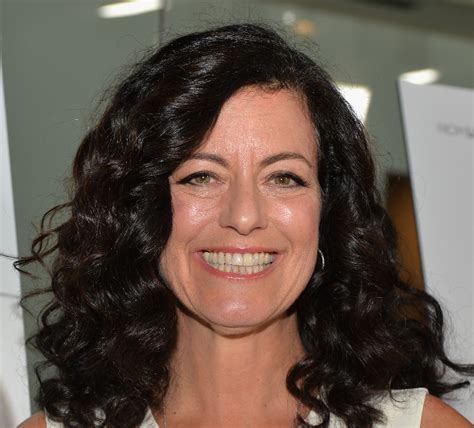A Quote by Carly Fiorina
What I think we need to do to engage the American people in a conversation about entitlement reform is to have a bipartisan group of people who come together and put every solution on the table, every alternative on the table. And then we ought to engage in a long conversation with the American people so they understand the choices.
Related Quotes
Well, one thing that I like to do is treat the audience as if they're already kind of at the table - they're already a part of the conversation. They don't need the 101 explanation. It's as if bringing a stranger to the table to sit down with these people who are already acting as peers or friends and opening up and just sharing their stories.
One of the central challenges for global conversation today is to find ways of getting to understand very different views about gender and sexuality. But we should start by recognizing that these issues are subjct to disputation within every society as well as across societies. We need a global conversation that recognizes that we have these very different views. Next, try to agree on fundamental rights: things we think every person is entitled to. Finally, if we're convinced that what a government or a society elsewhere is doing to some people is badly wrong and the conversation gets nowhere.
I honor businesses for what they do, I honor nonprofits for what they do, I honor government for what it does, and then I invite everyone to the table so that together we can come up with innovative and broad-based solutions that can serve as many people as possible. The fewer or less diverse voices you invite to the table, the smaller and narrower your solution will be and the fewer people it will serve.



































